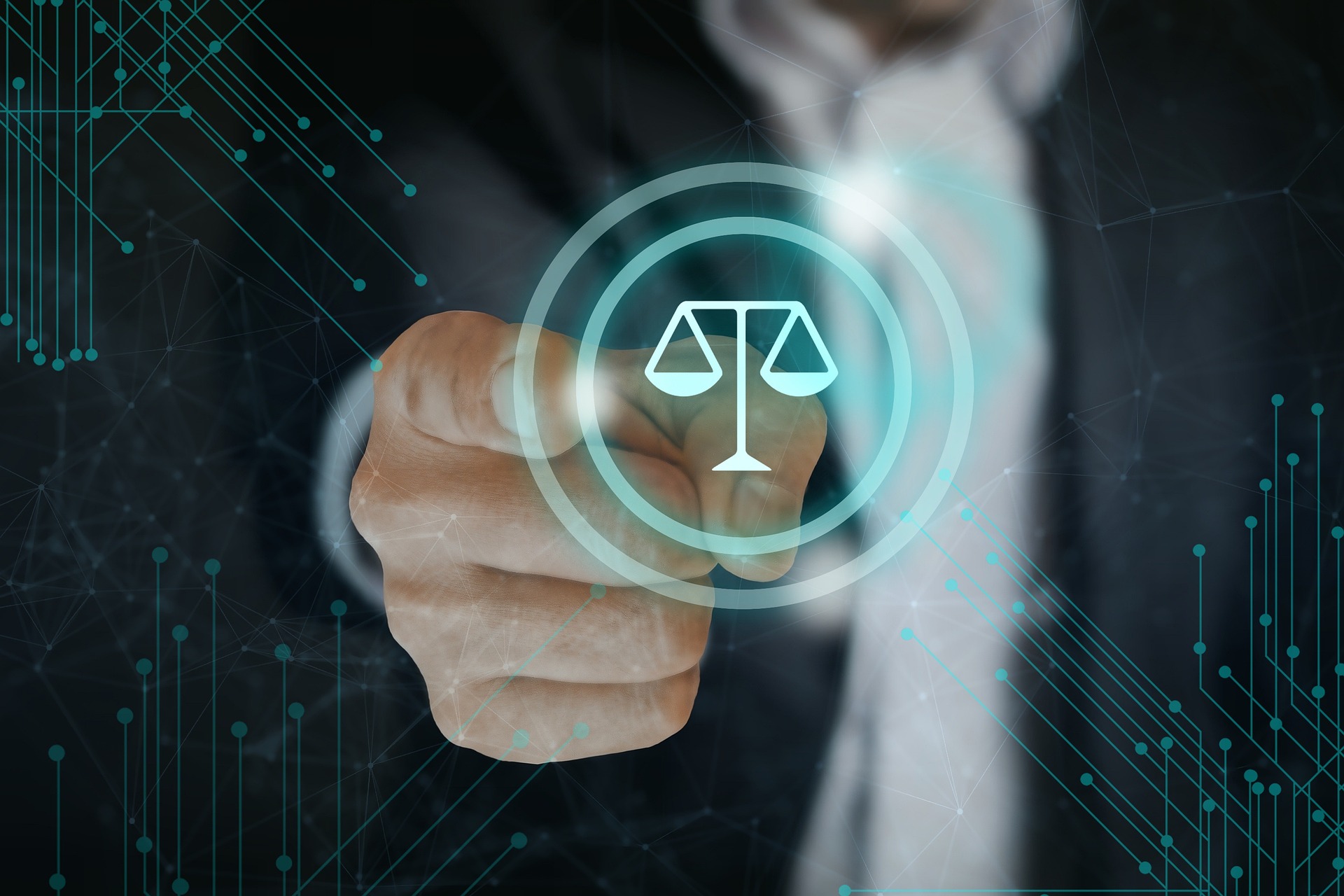An Examination of the Legal Challenges and Implications of Artificial Intelligence
Introduction: Artificial Intelligence (AI) is having a profound impact on the world, transforming industries and reshaping how we work, live, and interact. But as AI becomes more prevalent, it raises unique and complex legal issues that are yet to be fully understood. This article delves into the legal challenges posed by AI and explores the implications of AI on law and government.

Historical Overview of AI and Law
Artificial Intelligence, although a relatively new field, has already had a significant impact on the law. The concept of AI dates back to the 1950s, but its formal introduction into legal discourse didn’t occur until the 1970s and 1980s. During this period, legal scholars began to explore the potential implications of AI on law, focusing on its potential uses in legal research and decision-making.
AI and Intellectual Property Law
One of the most significant areas of law impacted by AI is intellectual property (IP) law. Traditional IP laws are designed to protect the rights of human creators. But with AI, which can generate its own creative works, the question arises: who owns the rights to AI-generated works? This is a complex and ongoing legal debate, with no clear consensus yet reached.
AI and Privacy Law
Another area of law significantly impacted by AI is privacy law. AI systems, particularly those using machine learning, often rely on vast amounts of data for their operation. This raises questions about data protection and privacy. While AI can significantly enhance efficiency and productivity, it also poses potential risks to individual privacy rights, requiring careful legal analysis and regulation.
AI and Liability Law
Liability law is also grappling with the advent of AI. With traditional liability laws, it’s usually clear who is responsible when a product or service causes harm. But with AI, which can learn and make decisions independently, attributing responsibility can be more complex. This challenges traditional notions of liability and is prompting legal scholars to rethink how liability laws should apply in the context of AI.
The Future of AI and Law
As AI continues to evolve and become more integrated into society, its legal implications will become increasingly significant. Lawmakers, legal scholars, and practitioners will need to grapple with these issues, finding ways to regulate AI effectively while also harnessing its potential benefits. This will no doubt be a challenging task, but it is crucial for the future of law and society.
The legal challenges posed by AI are complex and multifaceted, touching on various areas of law from IP and privacy to liability. As AI continues to evolve, it will be crucial for the legal field to keep pace, developing nuanced and effective legal frameworks to govern its use. This will require innovative thinking, robust research, and collaborative efforts from legal scholars, practitioners, and policymakers. Ultimately, the goal should be to create a legal environment that not only protects against the risks of AI but also enables its potential benefits to be fully realized.




